Meta and IBM launch new AI alliance, but where's Google and Microsoft?
The alliance will support a transparent and collaborative approach to developing responsible, safe AI technologies

IBM and Meta are set to lead a new AI alliance focused on the responsible, open development of artificial intelligence (AI), but notable industry competitors will not participate.
The coalition’s stated goal is to support a transparent and collaborative approach to AI development that the duo said will help produce evaluation standards and tools for building AI systems, as well as educational content to inform public discourse on the technology.
The two technology giants are joined by over 50 founding members and collaborators, including hardware and infrastructure producers, model builders, research institutions, and open source foundations.
Other industry stakeholders pledging support for the alliance include AMD, Intel, Hugging Face, Dell Technologies, Cerebras, Sony, and Oracle.
A number of research institutions have also joined the coalition including notable institutions such as Harvard University, Yale University, Imperial College London, the University of Tokyo, UCLA Berkeley, and Notre Dame.
IBM AI Alliance: What will the coalition do?
The focus of the alliance appears to be on ensuring the future of AI development is open and retains considerations around safety and trust.
In a blog post announcing the partnership IBM said an open, collaborative approach to AI innovation will be critical to advancing the technology.
Sign up today and you will receive a free copy of our Future Focus 2025 report - the leading guidance on AI, cybersecurity and other IT challenges as per 700+ senior executives
“Open and transparent innovation is essential to empower a broad spectrum of AI researchers, builders, and adopters with the information and tools needed to harness these advancements in ways that prioritize safety, diversity, economic opportunity and benefits to all.”
IBM and Meta hope the coalition will bring together influential members in the sector to pool resources and knowledge to ensure safety concerns are adequately addressed during the ongoing wave of AI development.
This will see the alliance launch or enhance AI projects that satisfy a list of core objectives centered around fostering a healthy environment for responsible AI innovation.
One of these objectives aims to develop and implement evaluation standards for AI systems, produce a list of vetted safety and trust tools, and advocate for the widespread adoption of these standards and tools.
These projects should also facilitate wider AI skills development on a global scale and produce resources to inform public discourse on AI, the duo said, which long-term will enable more precise and productive regulations on the technology.
Does this alliance represent a new or false hope?
Notable omissions on the list of alliance members include Google, Amazon, Microsoft, Anthropic, and OpenAI, which make up the most influential AI model developers in the sector.
RELATED RESOURCE

Webinar: How to scale AI workloads taking an open data lakehouse approach
Discover the benefit of an open lakehouse approach and you will see watsonx.data live in action
WATCH NOW
Microsoft, Google, OpenAI, and Anthropic all joined the Frontier Model Forum in July 2023, perhaps explaining their disinclination to join this new alliance.
The stated goals of the partnership run along the same lines as the coalition announced by IBM and Meta, but retain a particular focus on safeguarding the development of frontier models – defined as large language models (LLMs) that surpass the most advanced models available today.
Some experts expressed pessimism about how realistic the partnership was in achieving its stated goals of cooperation with the Forum’s members being major competitors.
Is open AI collaboration a pipe dream?
There’s no doubt that new methods for improved model training - or frameworks through which models could circumvent unwanted hallucinations or harmful output entirely - are welcomed. Collaboration between the public and private sector will be a necessary part of this.

Rory Bathgate is Features and Multimedia Editor at ITPro, overseeing all in-depth content and case studies. He can also be found co-hosting the ITPro Podcast with Jane McCallion, swapping a keyboard for a microphone to discuss the latest learnings with thought leaders from across the tech sector.
Ultimately, however, these kinds of partnerships come second to the guardrails of the market as defined by legislation and competition. AI developers will continue to collaborate on best practices and enter into dialog with world leaders over the potential risk of AI implementation, but the bar for transparency will always lie with regulators.
The ‘black box’ approach to AI development, in which training weights and the nature of data used to train AI models are kept largely secret by each company, is likely to be a sticking point for open AI development. If you don’t know the precise decisions and information that has gone into making a model, evaluation systems can only go so far.
With its focus on open source AI, Meta is arguably in a better position to engage in the kind of meaningful collaboration with academia that will be necessary to lay the groundwork for ethical AI.
But even Meta has set limitations according to market competition. The firm’s open LLM, Llama 2, has been advertised as an open source model but can only be used by firms with more than 700 million monthly active users with permission from Meta.

Solomon Klappholz is a former staff writer for ITPro and ChannelPro. He has experience writing about the technologies that facilitate industrial manufacturing, which led to him developing a particular interest in cybersecurity, IT regulation, industrial infrastructure applications, and machine learning.
-
 Microsoft unveils Maia 200 accelerator, claiming better performance per dollar than Amazon and Google
Microsoft unveils Maia 200 accelerator, claiming better performance per dollar than Amazon and GoogleNews The launch of Microsoft’s second-generation silicon solidifies its mission to scale AI workloads and directly control more of its infrastructure
-
 Infosys expands Swiss footprint with new Zurich office
Infosys expands Swiss footprint with new Zurich officeNews The firm has relocated its Swiss headquarters to support partners delivering AI-led digital transformation
-
 If Satya Nadella wants us to take AI seriously, let’s forget about mass adoption and start with a return on investment for those already using it
If Satya Nadella wants us to take AI seriously, let’s forget about mass adoption and start with a return on investment for those already using itOpinion The Microsoft chief said there’s a risk public sentiment might sour unless adoption is distributed more evenly
-
 Satya Nadella says a 'telltale sign' of an AI bubble is if it only benefits tech companies – but the technology is now having a huge impact in a range of industries
Satya Nadella says a 'telltale sign' of an AI bubble is if it only benefits tech companies – but the technology is now having a huge impact in a range of industriesNews Microsoft CEO Satya Nadella appears confident that the AI market isn’t in the midst of a bubble, but warned widespread adoption outside of the technology industry will be key to calming concerns.
-
 DeepSeek rocked Silicon Valley in January 2025 – one year on it looks set to shake things up again with a powerful new model release
DeepSeek rocked Silicon Valley in January 2025 – one year on it looks set to shake things up again with a powerful new model releaseAnalysis The Chinese AI company sent Silicon Valley into meltdown last year and it could rock the boat again with an upcoming model
-
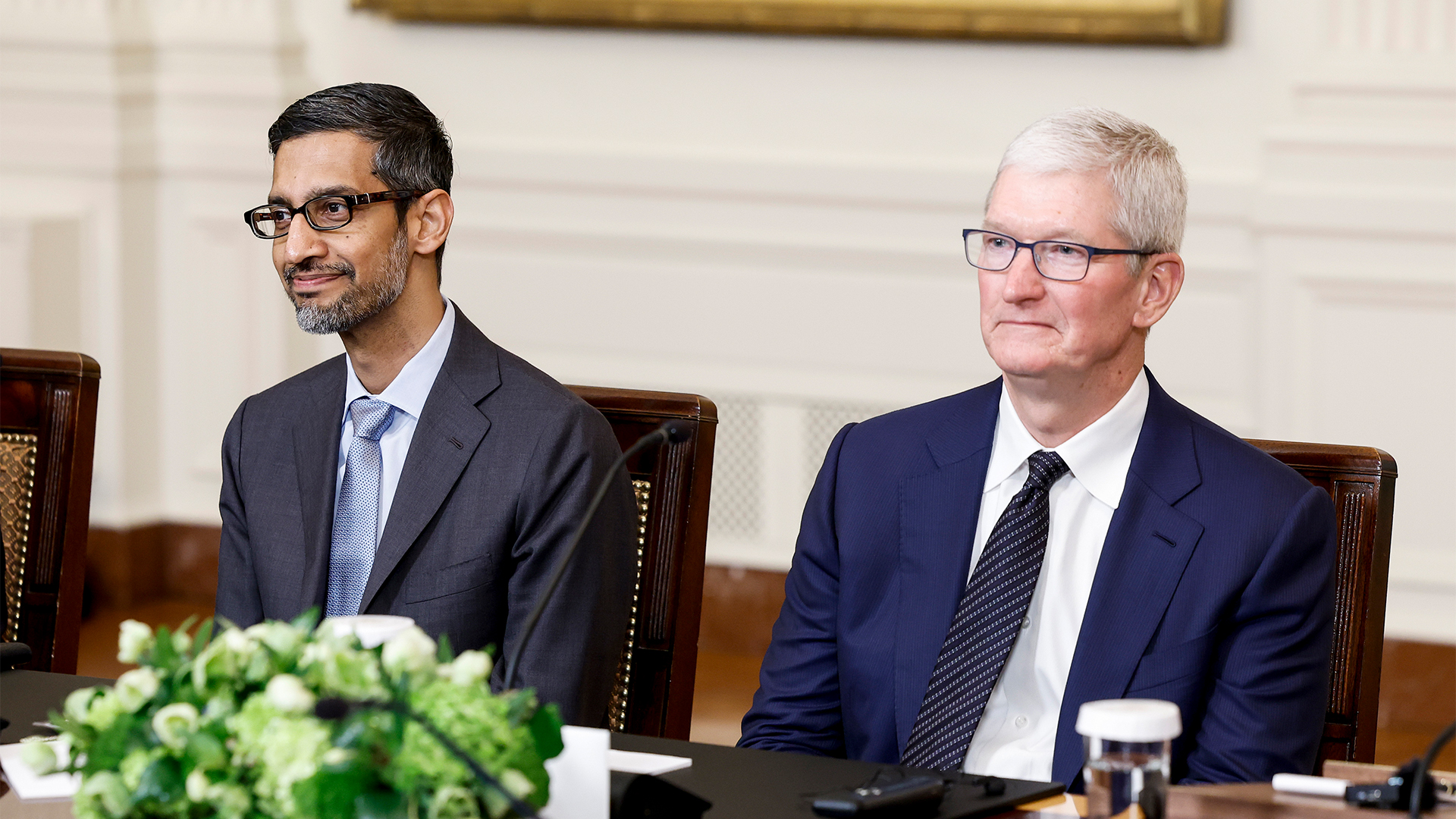 Google’s Apple deal is a major seal of approval for Gemini – and a sure sign it's beginning to pull ahead of OpenAI in the AI race
Google’s Apple deal is a major seal of approval for Gemini – and a sure sign it's beginning to pull ahead of OpenAI in the AI raceAnalysis Apple opting for Google's models to underpin Siri and Apple Intelligence is a major seal of approval for the tech giant's Gemini range – and a sure sign it's pulling ahead in the AI race.
-
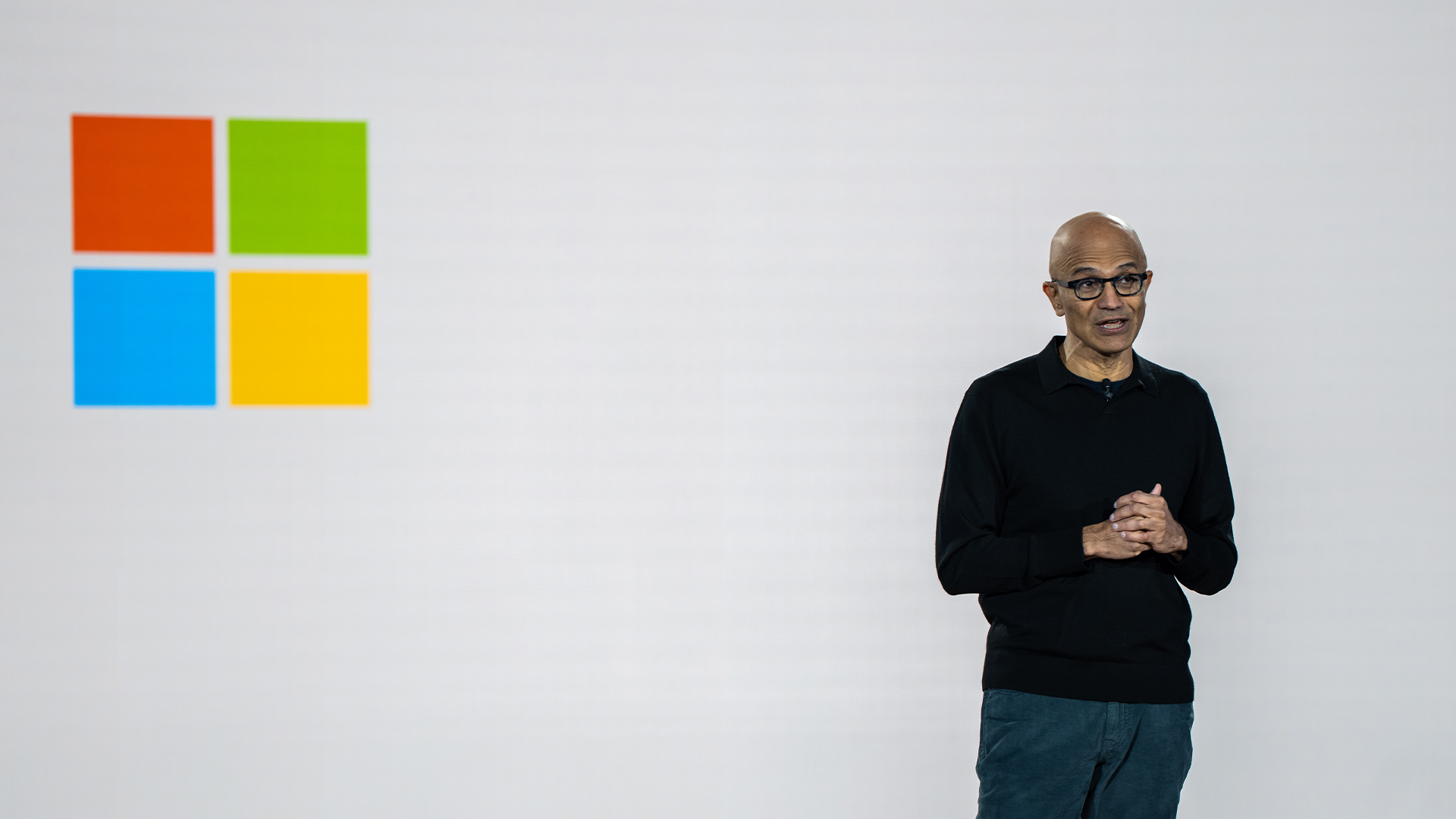 Microsoft CEO Satya Nadella wants an end to the term ‘AI slop’ and says 2026 will be a ‘pivotal year’ for the technology – but enterprises still need to iron out key lingering issues
Microsoft CEO Satya Nadella wants an end to the term ‘AI slop’ and says 2026 will be a ‘pivotal year’ for the technology – but enterprises still need to iron out key lingering issuesNews Microsoft CEO Satya Nadella might want the term "AI slop" shelved in 2026, but businesses will still be dealing with increasing output problems and poor returns.
-
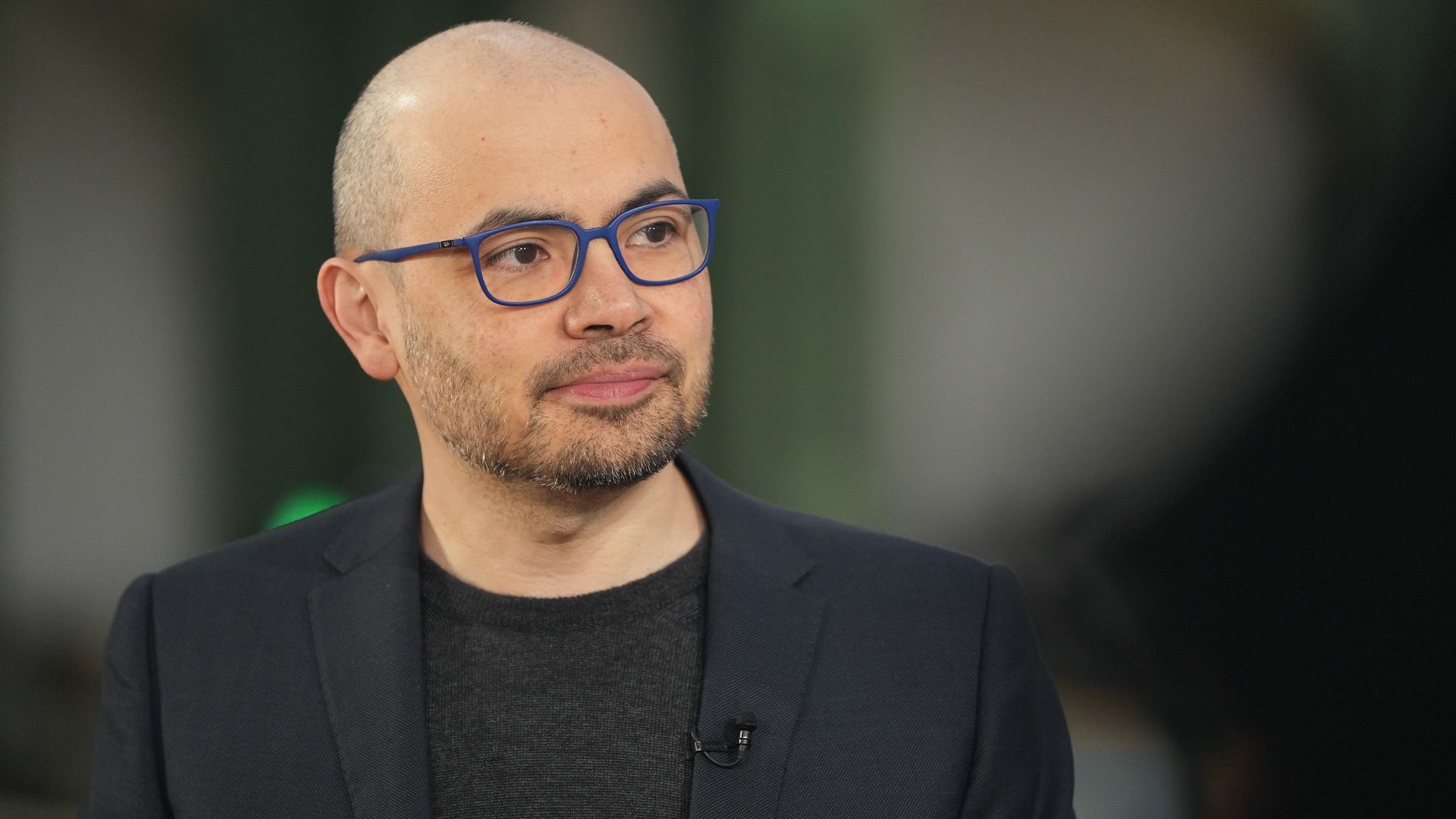 Google DeepMind CEO Demis Hassabis thinks startups are in the midst of an 'AI bubble'
Google DeepMind CEO Demis Hassabis thinks startups are in the midst of an 'AI bubble'News AI startups raising huge rounds fresh out the traps are a cause for concern, according to Hassabis
-
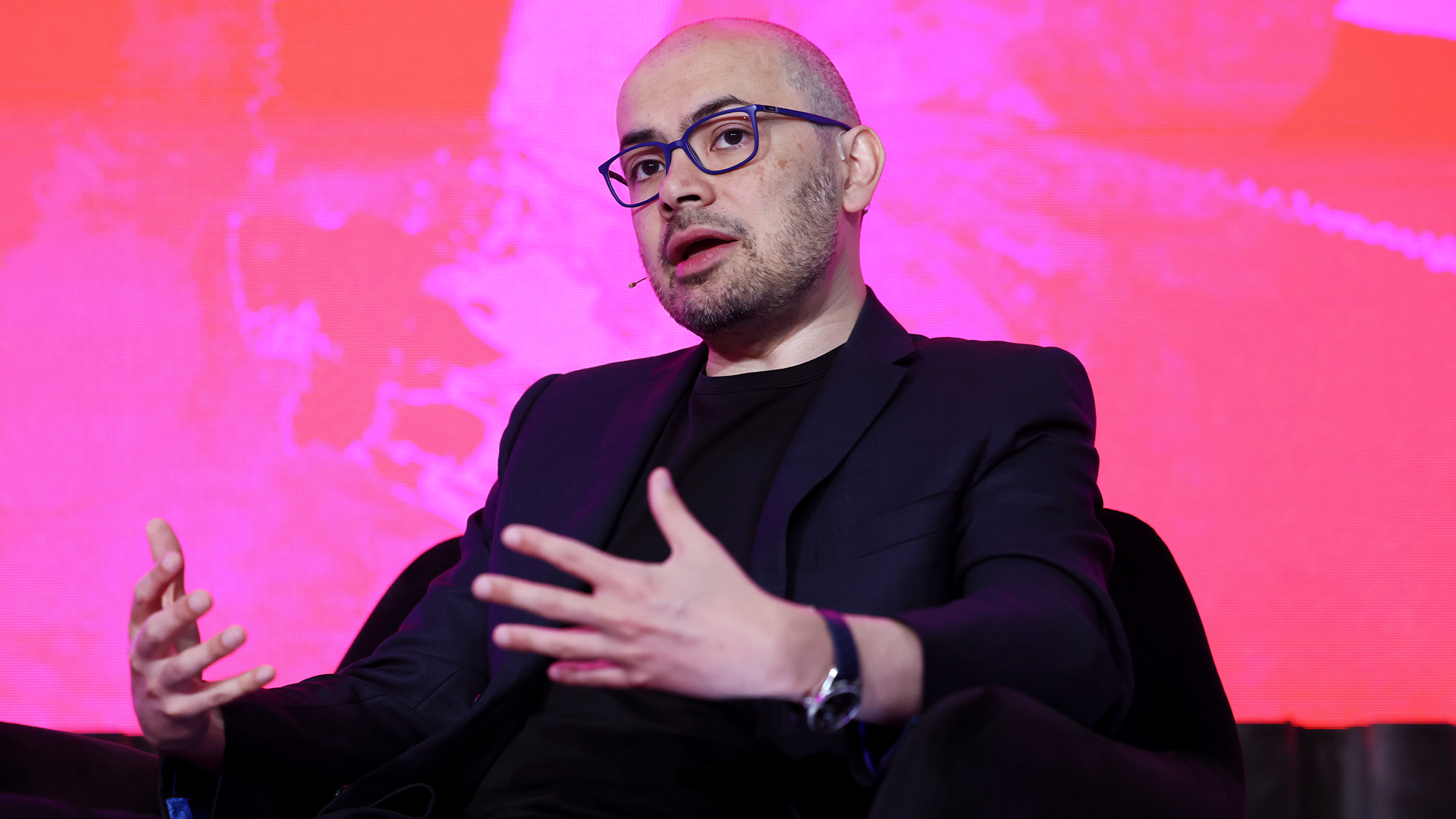 Google DeepMind partners with UK government to boost AI research
Google DeepMind partners with UK government to boost AI researchNews The deal includes the development of a new AI research lab, as well as access to tools to improve government efficiency
-
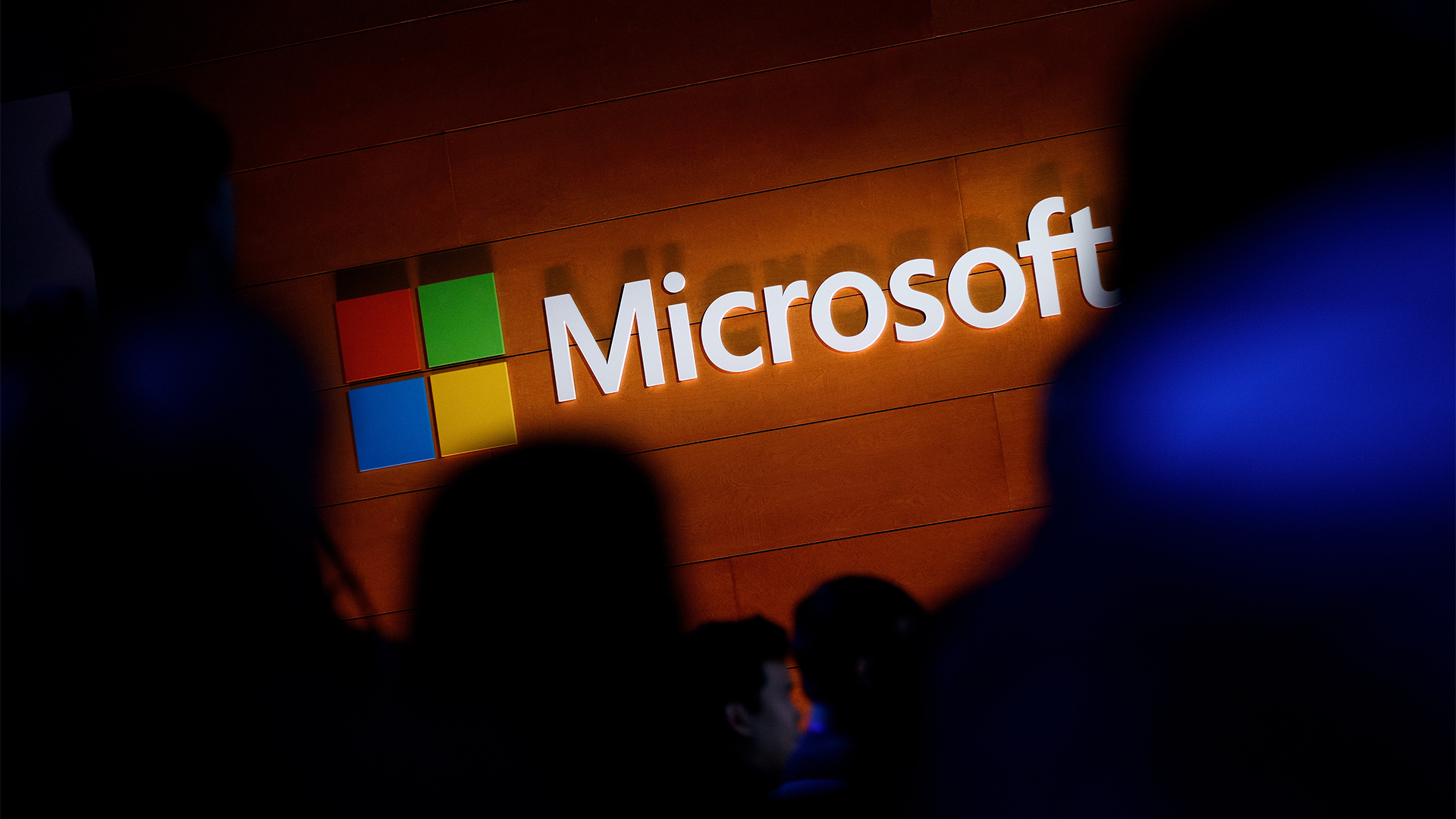 Microsoft quietly launches Fara-7B, a new 'agentic' small language model that lives on your PC — and it’s more powerful than GPT-4o
Microsoft quietly launches Fara-7B, a new 'agentic' small language model that lives on your PC — and it’s more powerful than GPT-4oNews The new Fara-7B model is designed to takeover your mouse and keyboard


